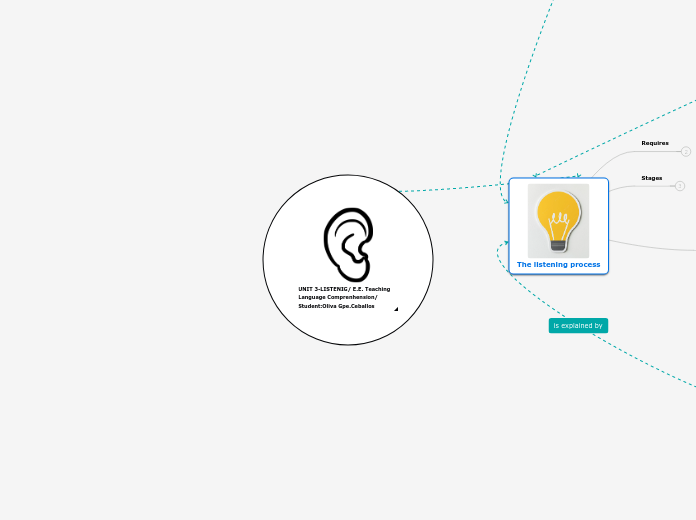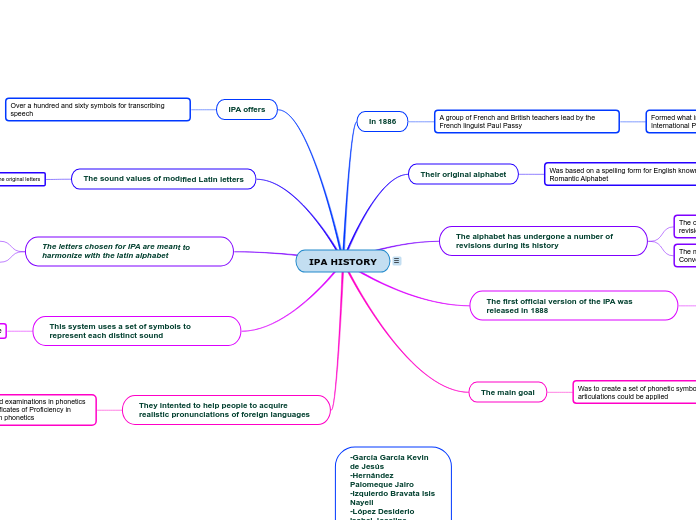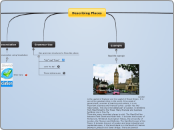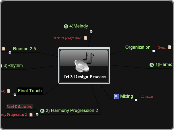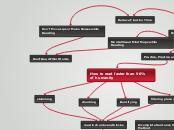The listening process
To understand the work, we must understand its origin. Type in the details of the book you are studying.
In this category, you can also include things like: the recommended audience for the book, biographic details about the author, or bibliographic details about the book.
Involves
A book can span galaxies or single rooms. It can traverse through the past, present, and future, or can take place in a single day.
Type in the time and place of the action above.
Strategies and expectations of the listener
Individual linguistic units
Where does the action take place? Is it a geographical location in the real world? Is it a fantasy country or continent? Is it another planet?
Linguistic and cognitive skills
When do the events of the book take place? Are there specific time references? Does the book span multiple days, months, or years?
Use the notes tab to write down the time references you find!
Stages
Literary Currents, also known as Literary Trends, determine the common characteristics of different works written in a certain period of time.
Among these characteristics, we count style, themes, aesthetics and ideologies.
What literary current does this work fit into?
3. Listener construct a meaning from the utterance that might be transfer to the long-term memory.
2.The information is process by the long term-memory.(words are checked and compared with information in long-term memory)
1.Sounds go into a sensory store and are organized into meaningful units.
Requires
It is important to understand the time in which a work of literature was written to understand the language and 'identity' of the book.
Type in the original year of publication of the book you are studying.
Techniques and strategies to promote language learning
Work out what the speaker means when use particular wods in particular contexts
Listening Difficulties
Keep track of the most important points in the story using the topics above.
You can use the notes tab to give a short summary of these events.
Multimedia
The author examines what happens after the climax in the falling action. Do new conflicts consequently develop? How does the story's climax make a statement about its main themes? How do the characters respond to the climax's permanent changes?
The story must be moved toward some sort of resolution by the falling action, which also has to begin tying up loose ends from the primary conflict and explore bigger ideas and themes.
Listening Difficulties by Ur(1984)
1.Problems of sounds
Pronunciation,rhythm,intonation and stress.
2.Lacking the ability to skim what is heard,
Inability to keep up with redundancy,noise,and the inability to guess
3.Lacking exposure and practice
Lack of practice with different kinds of accents and colloquial vocabulary
4.Inability to link words to the context
Lack of strategies to summarize heard information at macro and micro-level
The conflict of the plot is explored in the rising action. In this section of the story, things frequently 'become worse': a bad choice is made, the antagonist causes the protagonist harm, additional characters complicate the storyline further, etc.
The reader frequently learns important details of the past, and usually finds a deeper knowledge of the characters' motivations, the setting, and the ideas being addressed as the conflict develops.
Difficulties for an EFL learner by Rixon(1986)
- Namely the english structures with the weak relationship between meaning in language expressions in the context.
- Changes in the sounds when they occur in rapid,connected speech with various tones.
- The rhythm pattern of English speech.
- The different ways of pronouncing the same sound.
The exposition generally introduces the key fictional components, such as the plot, characters, and writing style.
Building the environment in which the conflict of the story takes place is the focus of the exposition.
Practical suggestions to master listening skills
Identifying the genre of a literary work is essential to understanding it's scope, themes, and point of view.
Write down the genre of the book you are studying here.
Genre
Underwood (1989)
Provide opportunities to use tapes/videos/self-access study materials.
Understand learners’s needs
Visualize objectives
Set meainingful ,focus,graded listening task
Rost(1991)
Focusing on meaning and trying to learn new and important content.
Working on comprehension activities.
Pay attention to accuracy and analysis of form.
Schema Theories
A schema theory is a theory about knowledge,how is represented and how that representation facilitates the use of the knowledge.
The characters in a book are what drives the plot forward. It is important to note the significance of a character and their action to the overall story.
What are the main means of characterisation the author uses?
Use the topics below to write more information about the characters in the book!
Involve
Who are the main characters? Are they flat or round? Do they have justifications for their actions? What are their motivations?
Use the notes tab to write more details about the characterisation!
Top-down processing
The brain attempt to find an existing knowledge structure to superimpose onto the coming data to facilitate the assimilation of new information.
Bottom-up processing
Involves the movement of data from the page to the brain,triggering past experiences about the topic.
UNIT 3-LISTENIG/ E.E. Teaching Language Comprenhension/ Student:Oliva Gpe.Ceballos Alpuche/5thNovember2022
Start your book report by typing in the Title and Author of the book you are presenting!
